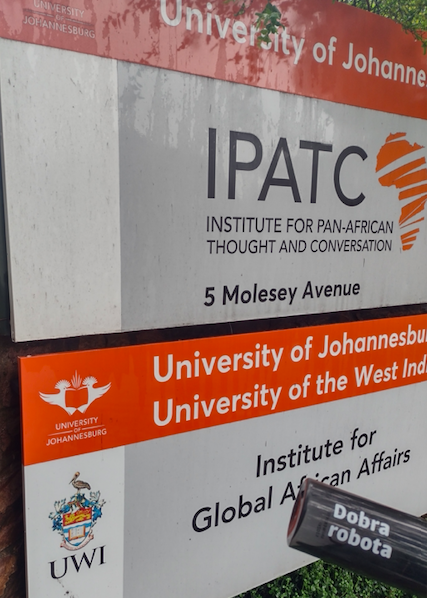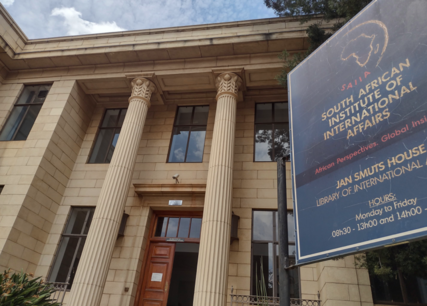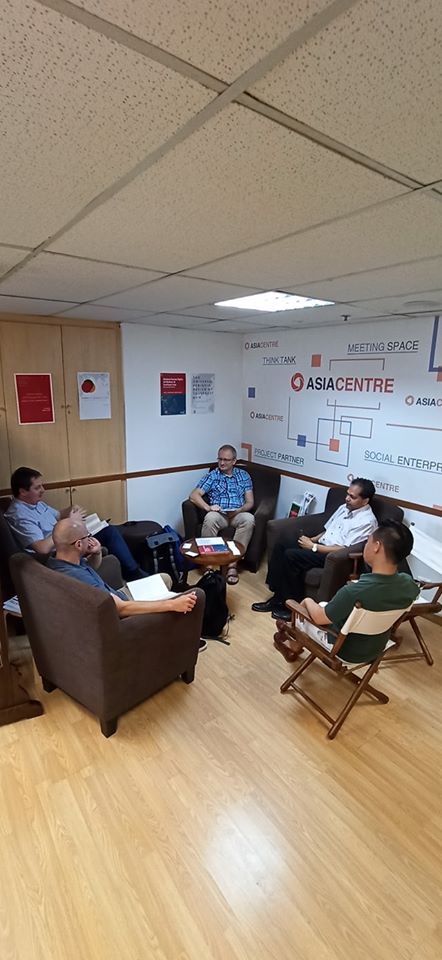The analysis concern Beijing's creation of a space for multilateral cooperation in institutions such as China-ASEAN, China-Africa, China-Central Europe and China-South America. The analysis of the formats proves that the main premise is the tightening of bilateral relations, which is presented through the prism of China's relations with Thailand and Cambodia, Poland and Serbia, Kenya and South Africa, as well as Brazil and Chile. The team consisting of prof. Dominik Mierzejewski (head), Dr. Bartosz Kowalski (University of Lodz), Dr. Jarosław Jura (Lazarski University) and Dr. Mario Esteban (Autonomous University of Madrid) base their research primarily on study visits to selected countries from individual multilateral formats. In addition, the project is based on a comprehensive analysis of the discursive strategies promoted by China, an analysis of the political conditions of cooperation, including party relations, and economic cooperation in infrastructure investments and new technologies.
- During the research conducted so far, we identify which countries' party relations play an important role. In this context, there are significant similarities between Serbia and South Africa or Cambodia, while inter-party relations do not play a significant role in relations with Thailand and Poland, says Prof. Mierzejewski
An important component of the project is the analysis of promoting Chinese solutions in the era of new technologies, i.e., smart and safe cities. Here, in addition to Chinese solutions, it is important to adapt the installed systems by local elites and specialists. Developing countries, without adequate resources, leave the installations alone and are not used. Moreover, as in the cases of African countries, they do not fulfill their essential role because crime is increasing during the global slowdown.
- So far, four research visits have been carried out to Thailand, Serbia, Kenya and South Africa. The talks conducted during the visits give a fairly comprehensive picture of Chinese activity and its reception and adaptation to this policy by local entities. This is not always in line with our perceptions of China, which is often seen as "all-powerful" planning for a long time. This project brings the real picture of China and its involvement in developing countries closer - adds prof. Mierzejewski.
So far, the research results have been published in the prestigious journals Journal of Contemporary China, Journal of Current Chinese Affairs and the volume European Perceptions of China and Perspectives on the Belt and Road Initiative published by Brill.
The "Belt and Road Initiative" grant in developing countries: People's Republic of China as a multilateral and normative entity is implemented based on the UMO 2019/33/B/HS5/01667 contract.



